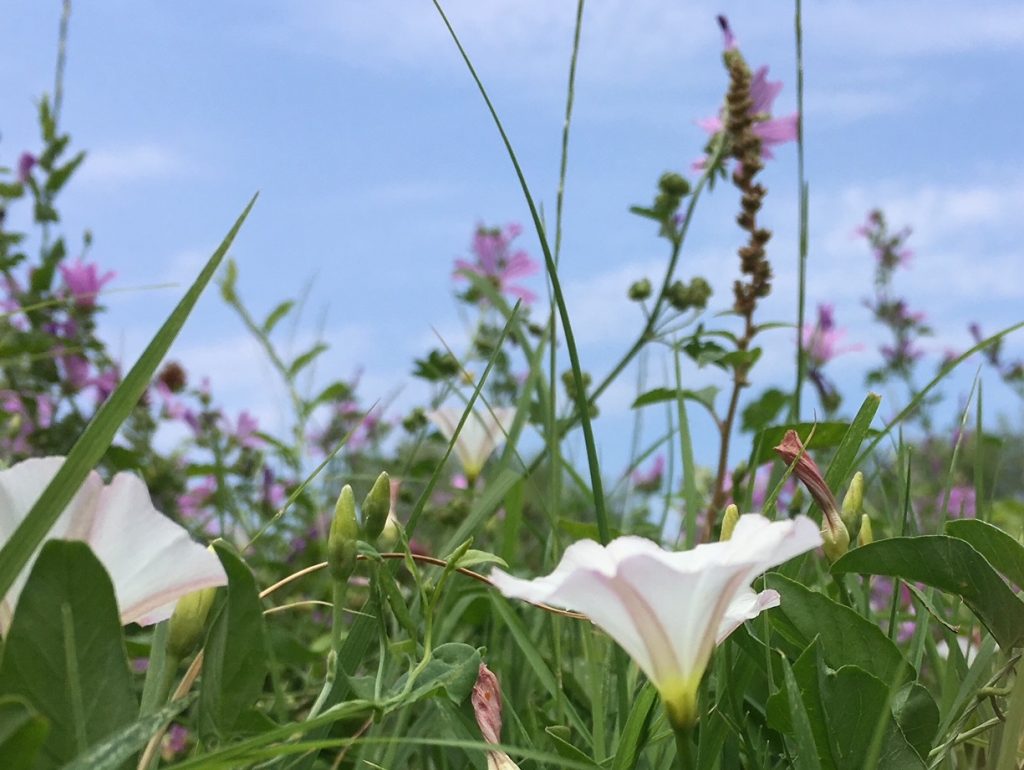Drop the resolutions
Lightening the load as a new year arrives
Some months ago I watched an interview with Shawn Achor, a positive psychology specialist, during an online conference about building resilience. One of his tips was around New Year’s resolutions. Instead of setting yourself resolutions, he suggested, ask yourself “What are 3 positive things I achieved last year – even if they weren’t planned?” His proposal was that paying attention to the positives already achieved gives you a strong base for the next level, rather than focusing on what is missing.
I’ve never been a great one for resolutions, certainly in my adult life. In a way this seems strange, because I have a pretty strong inner critic and a part of me that worries about needing to work hard to get things right. New Year’s Resolutions, you’d think, would tap well into this, as it’s the perfect opportunity to set yourself unrealistic targets and then beat yourself up for failing. Perhaps there’s another part of me that’s been alert to this possibility and has resisted as a result. But I think it’s rather the case that I’m a doer; in the past I’ve been pretty skilled at distracting myself from how I feel by ‘getting on with things’, and so the moment something pops into my head as something I ‘should’ do, I’m likely to get stuck in. From that perspective, my year was already full of resolutions started and coming up with extra ones would require too much contemplation!
But I really like Achor’s idea of backwards resolutions. We can be so good at not noticing, or even ignoring, what has gone well – what we have done well. We are naturally inclined to reduce the value of skills that we are good at, in favour of those we find difficult, which is a great way of measuring ourselves against other people and coming out worst. How things are framed is so important and yet, when we reflect on ourselves and our lives, it can be really easy to slip into negative patterns of thinking and feeling about ourselves.
How might it be, then, to notice what we had done well – and pause at that for a moment? Instead of saying “I made a new friend – well of course, that’s because I find talking to people easy, and anyway she already knew that other friend of mine so it wasn’t really down to me”, how would it be to say “I made a new friend, who I feel happy when I’m around.”
Or instead of “I started seeing a counsellor – well I had to because really things had reached rock bottom and I couldn’t sort myself out”, how about “I realised that I’m allowed to ask for help, and I started seeing a counsellor as an investment in my wellbeing and future happiness.”
I see either example as a hugely positive achievement. From the standpoint of having already succeeded, you’re in a good position where resolutions might not feel necessary – you’ve got foundations to start the year with.
So instead of adding to your burden of responsibility with more to-dos, how about spending some time reflecting on 3 positive achievements from 2018? This could be a great exercise to do with a friend – a trusted other, perhaps someone who you think has a slightly different perspective to you, as another viewpoint can be really helpful for reframing those things that you take for granted or even see as negatives. (That’s one of the advantages your therapist has – she / he can see your life from a different angle.)
And what nicer thing to do with someone than spend a little bit of time looking at each other’s positives? There may be more than you think, and that’s a good way to start a year.

References: Greater Good Resilience Summit and Shawn Achor

